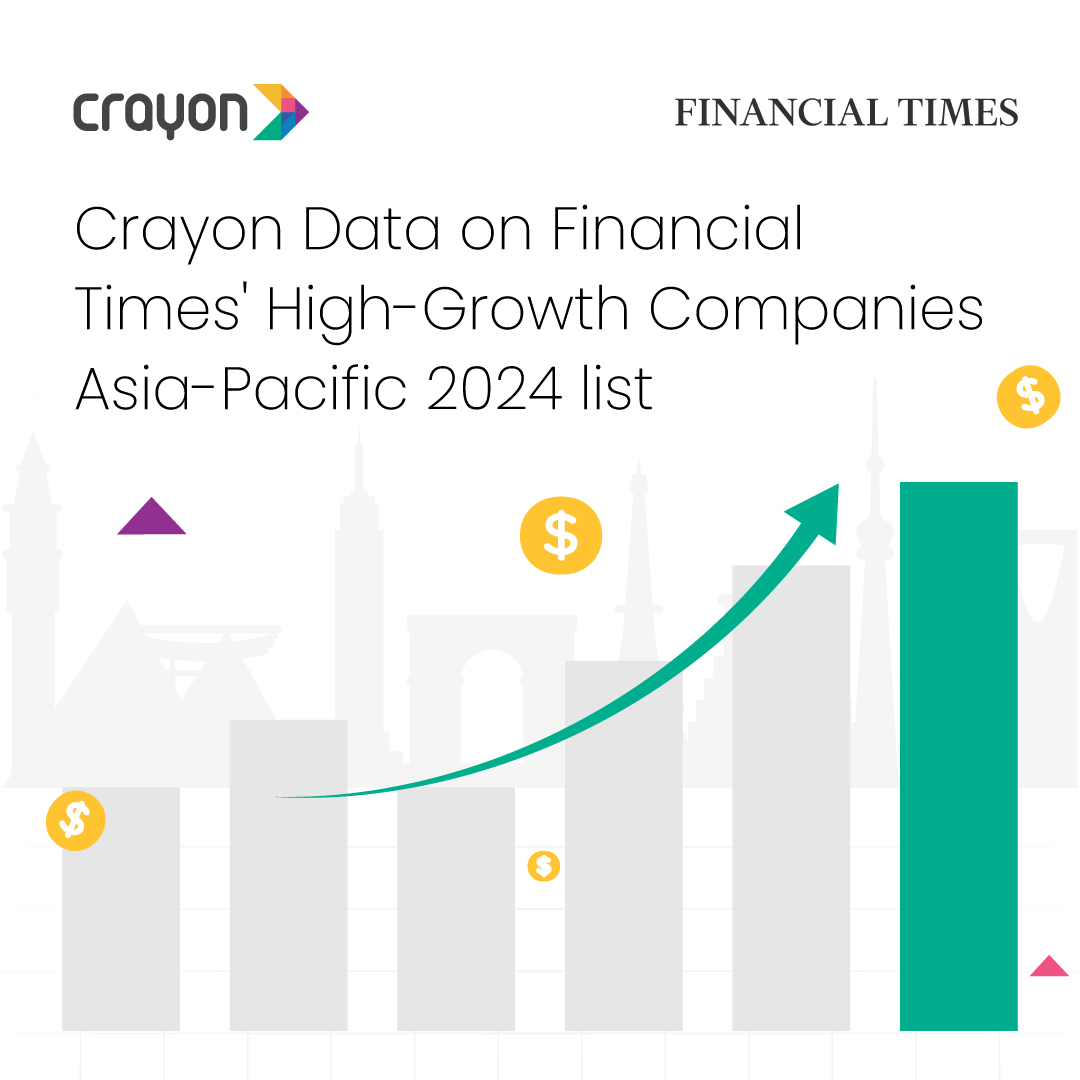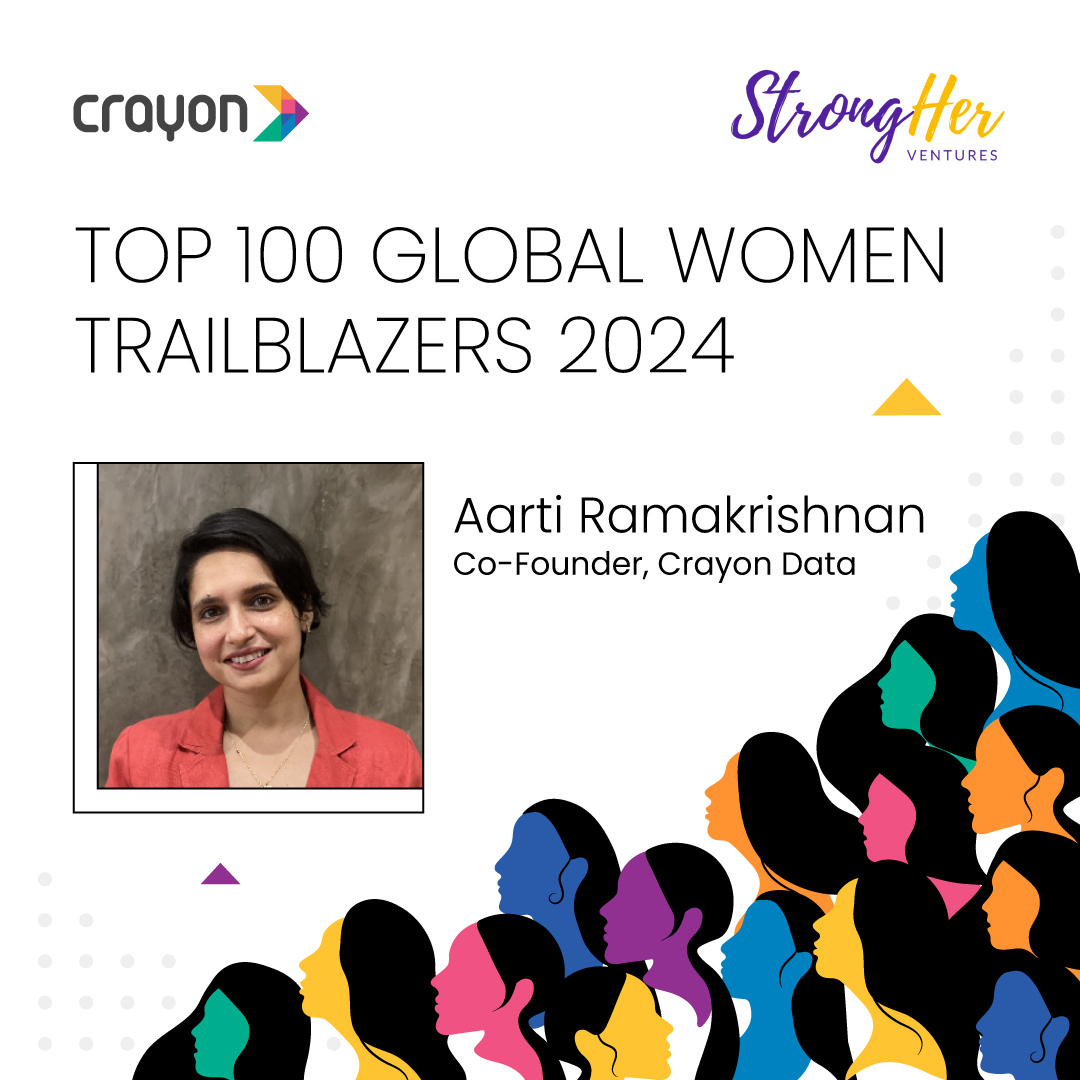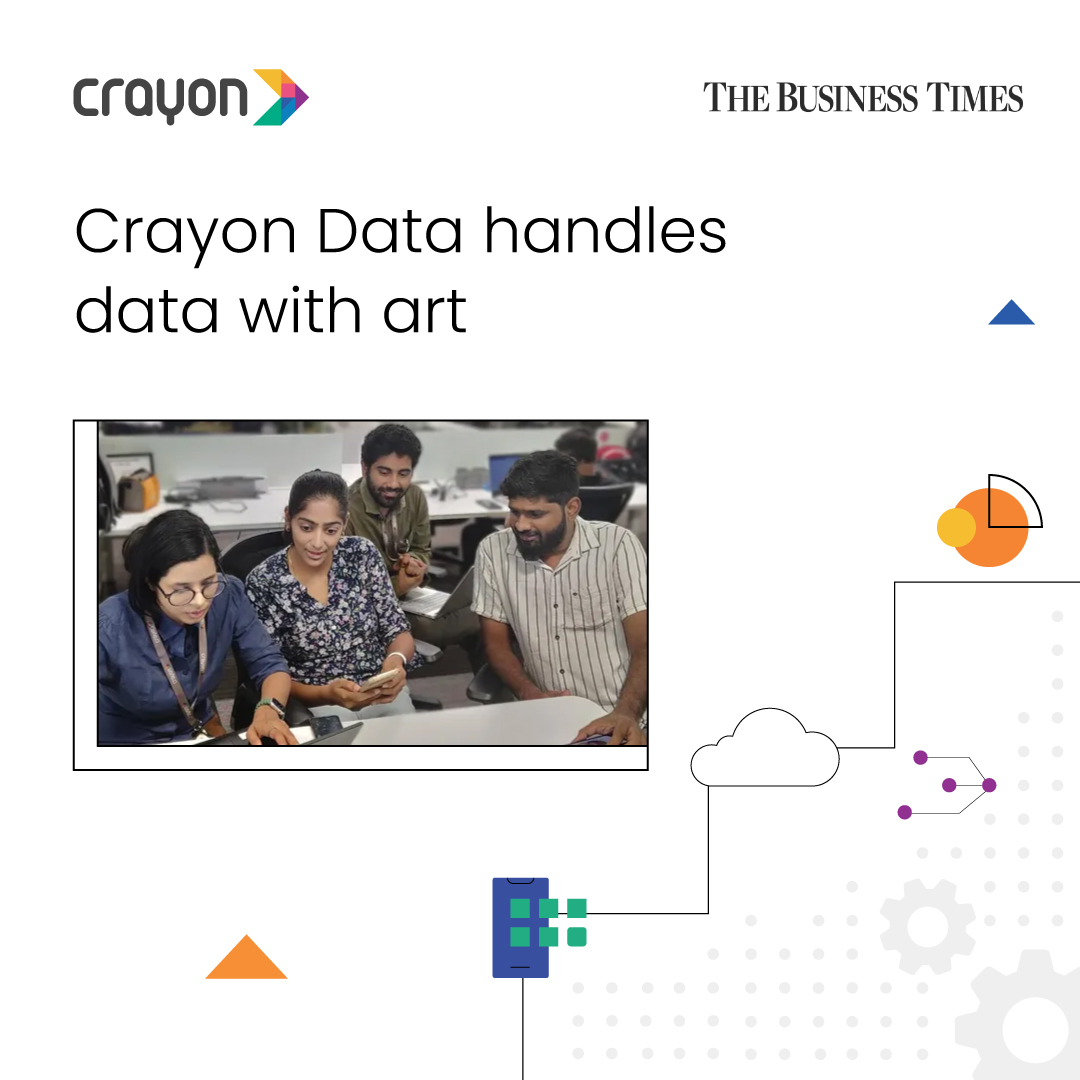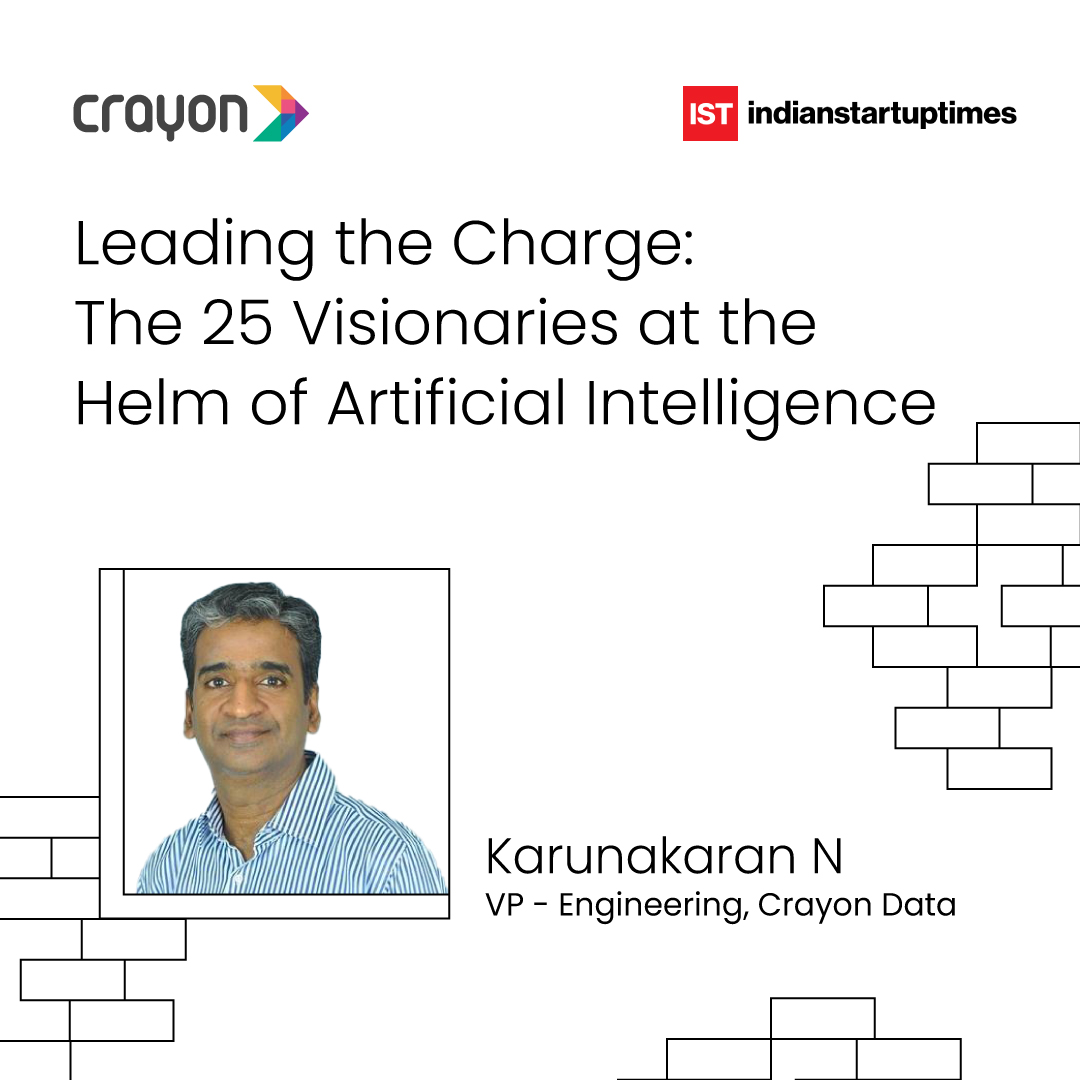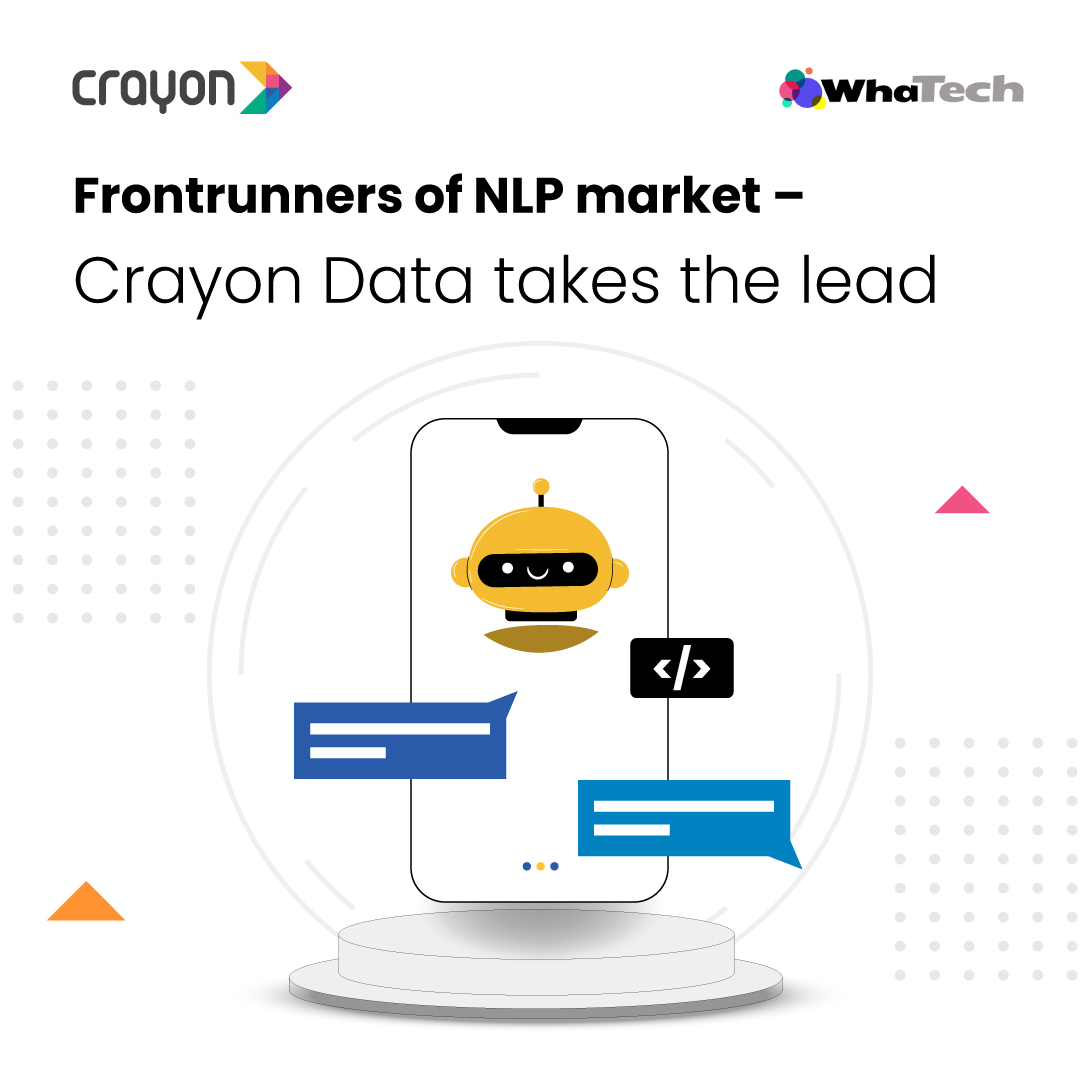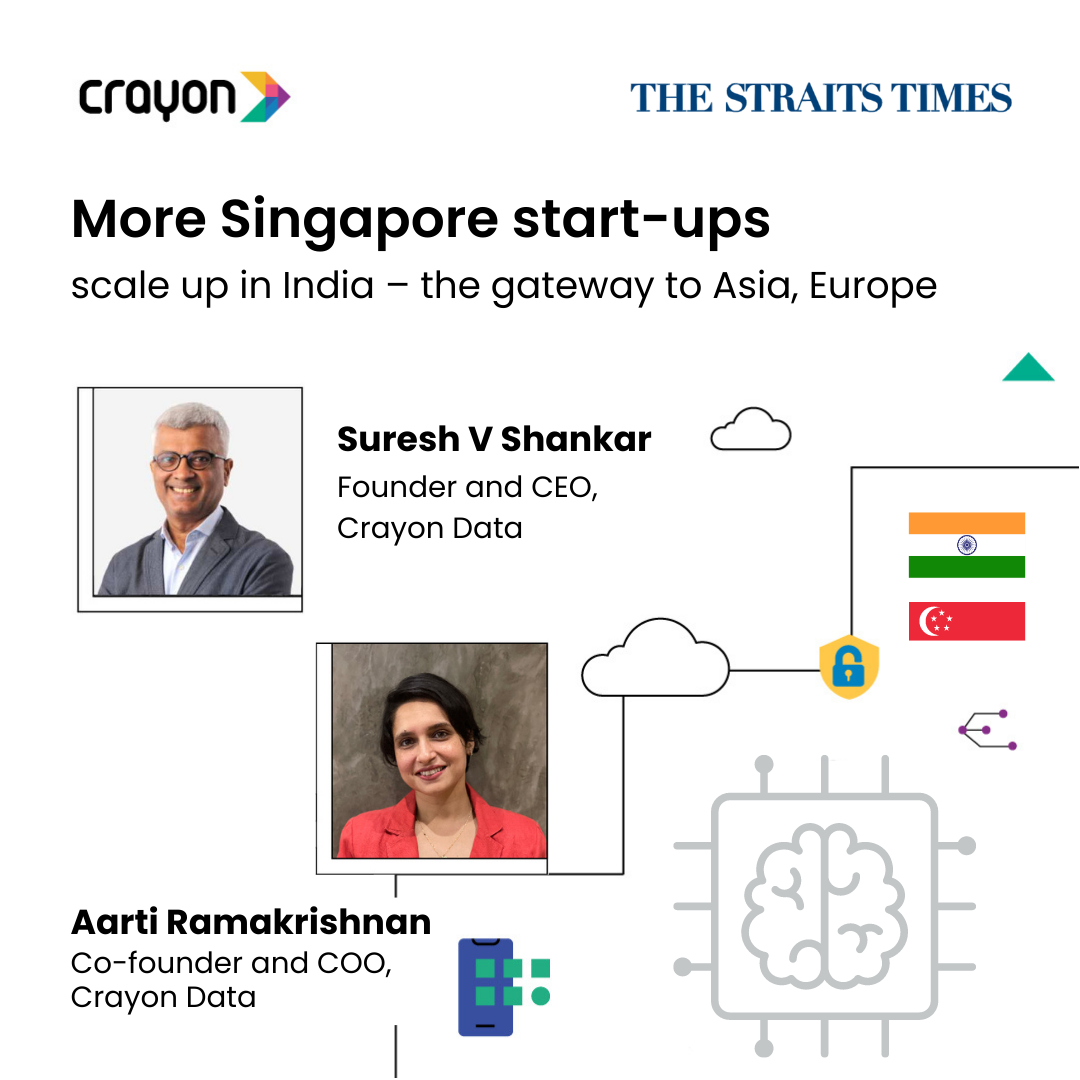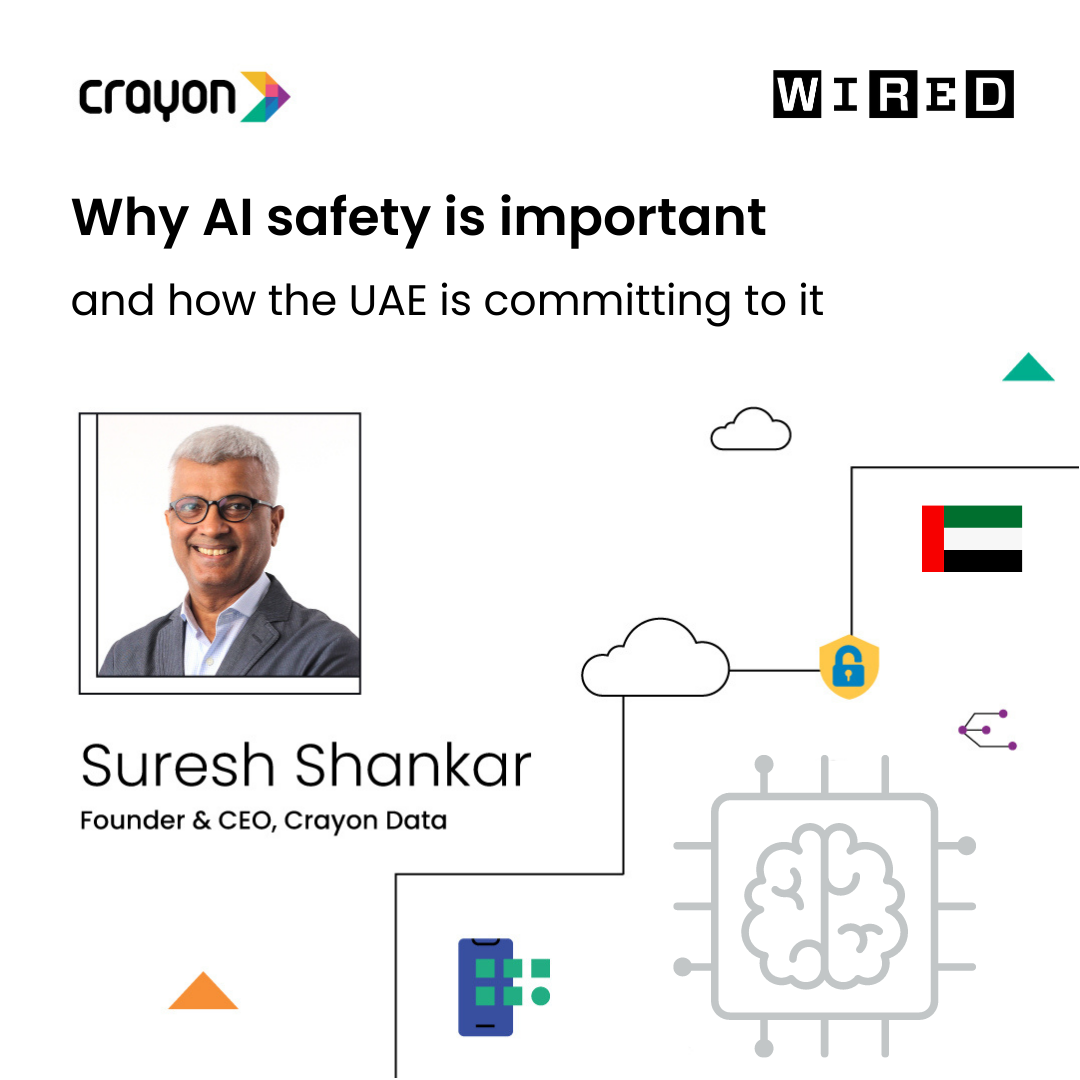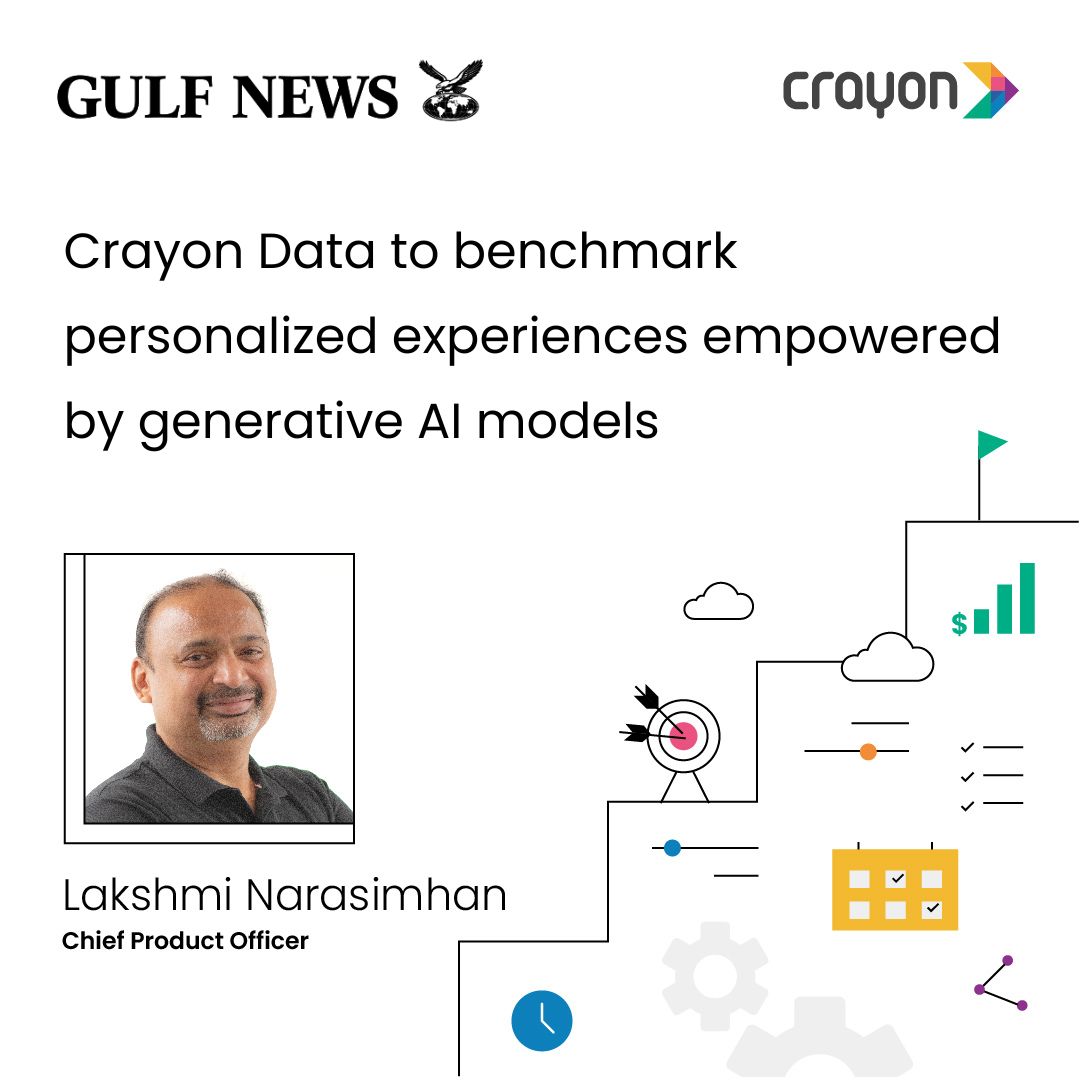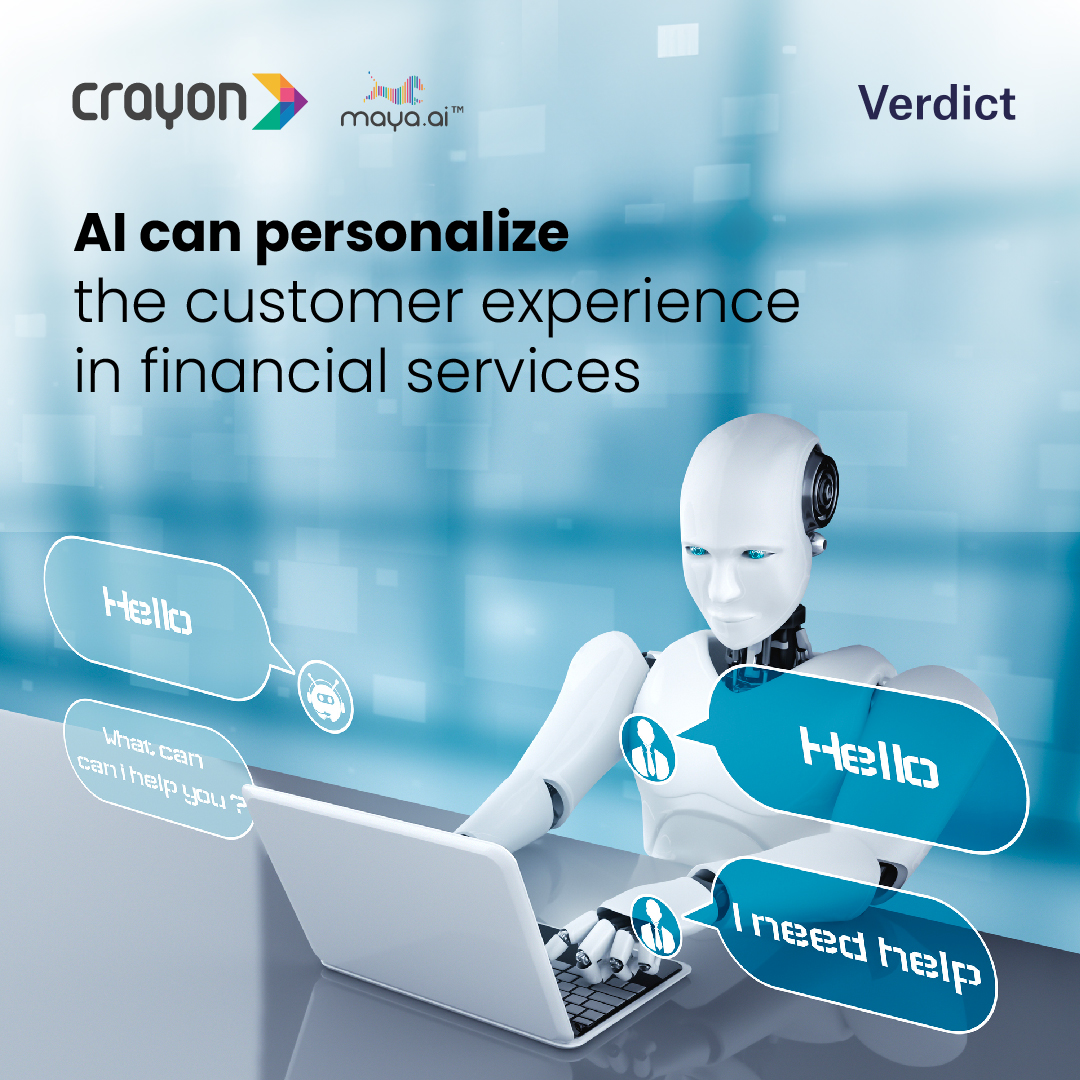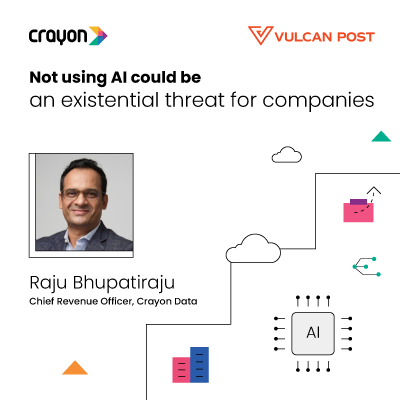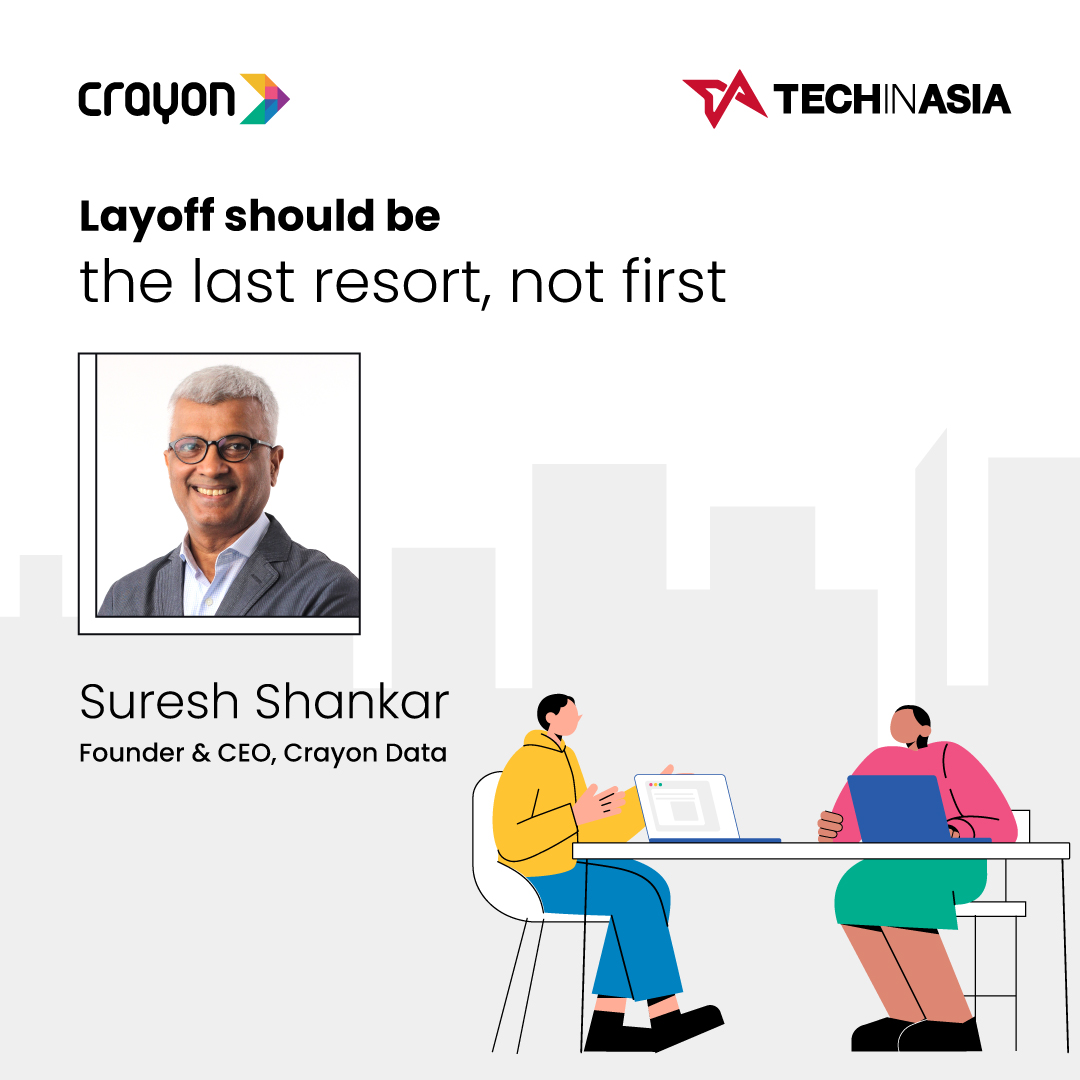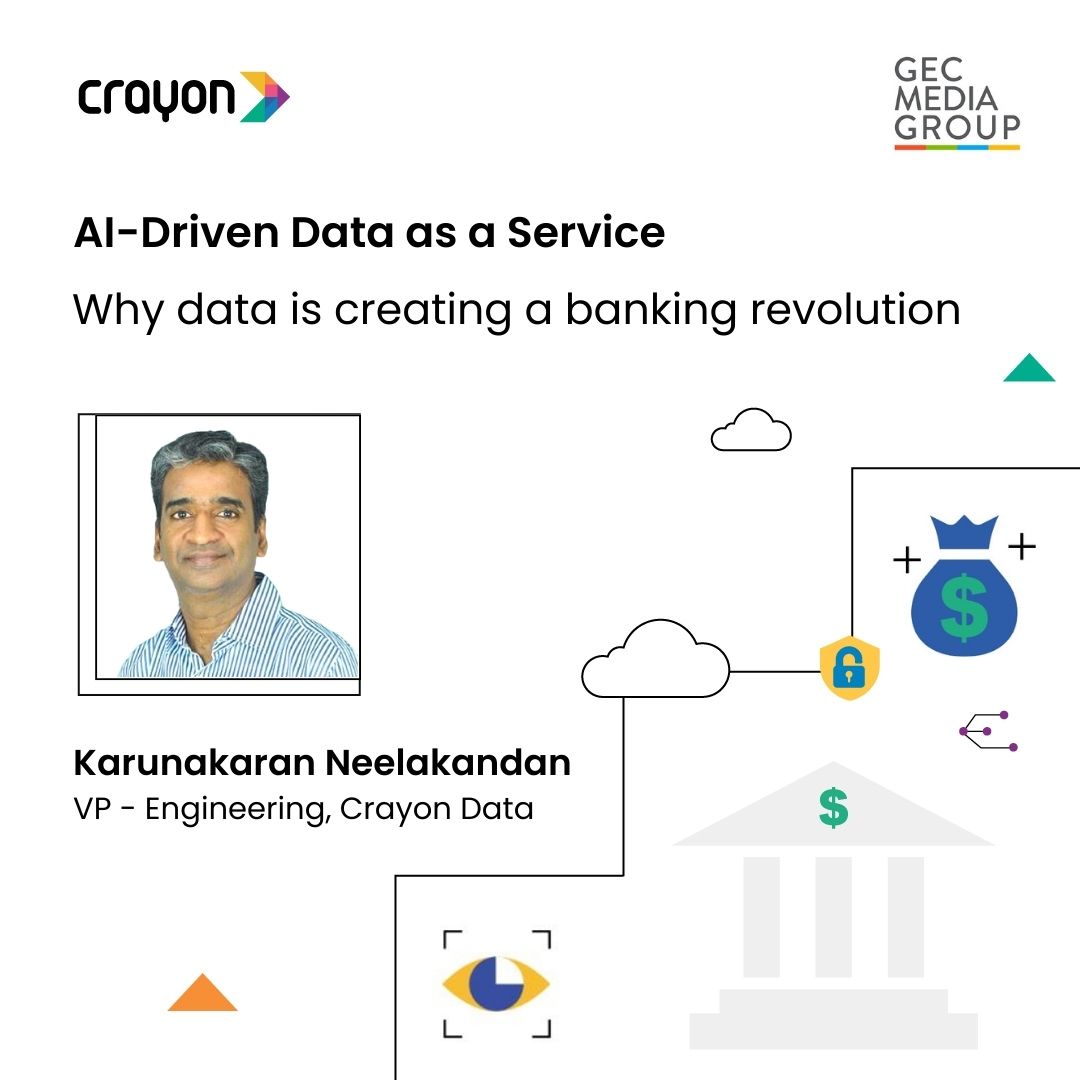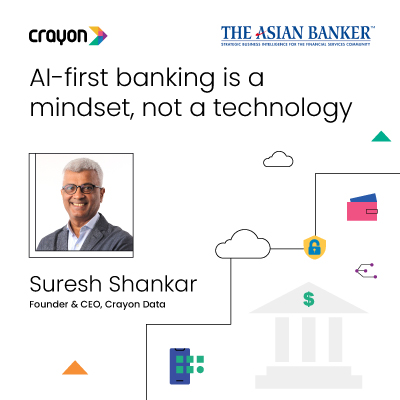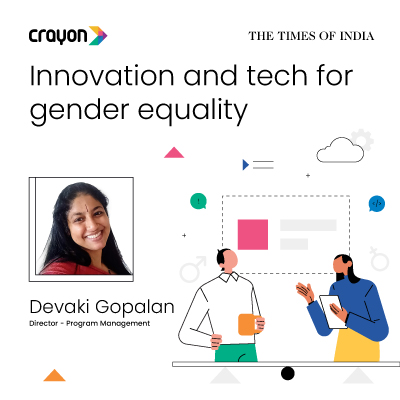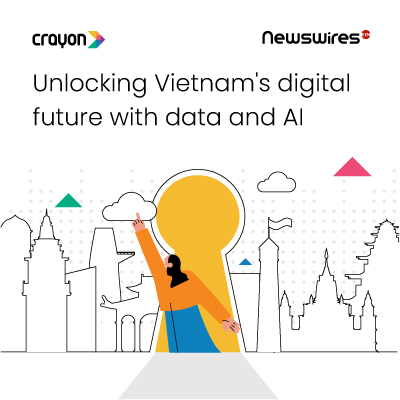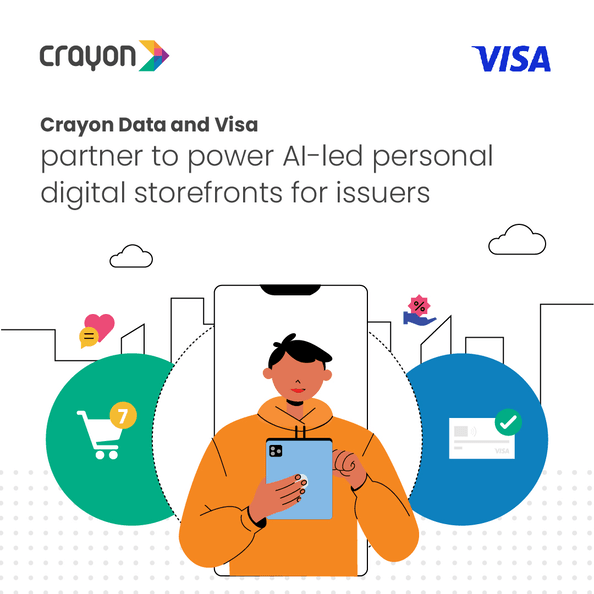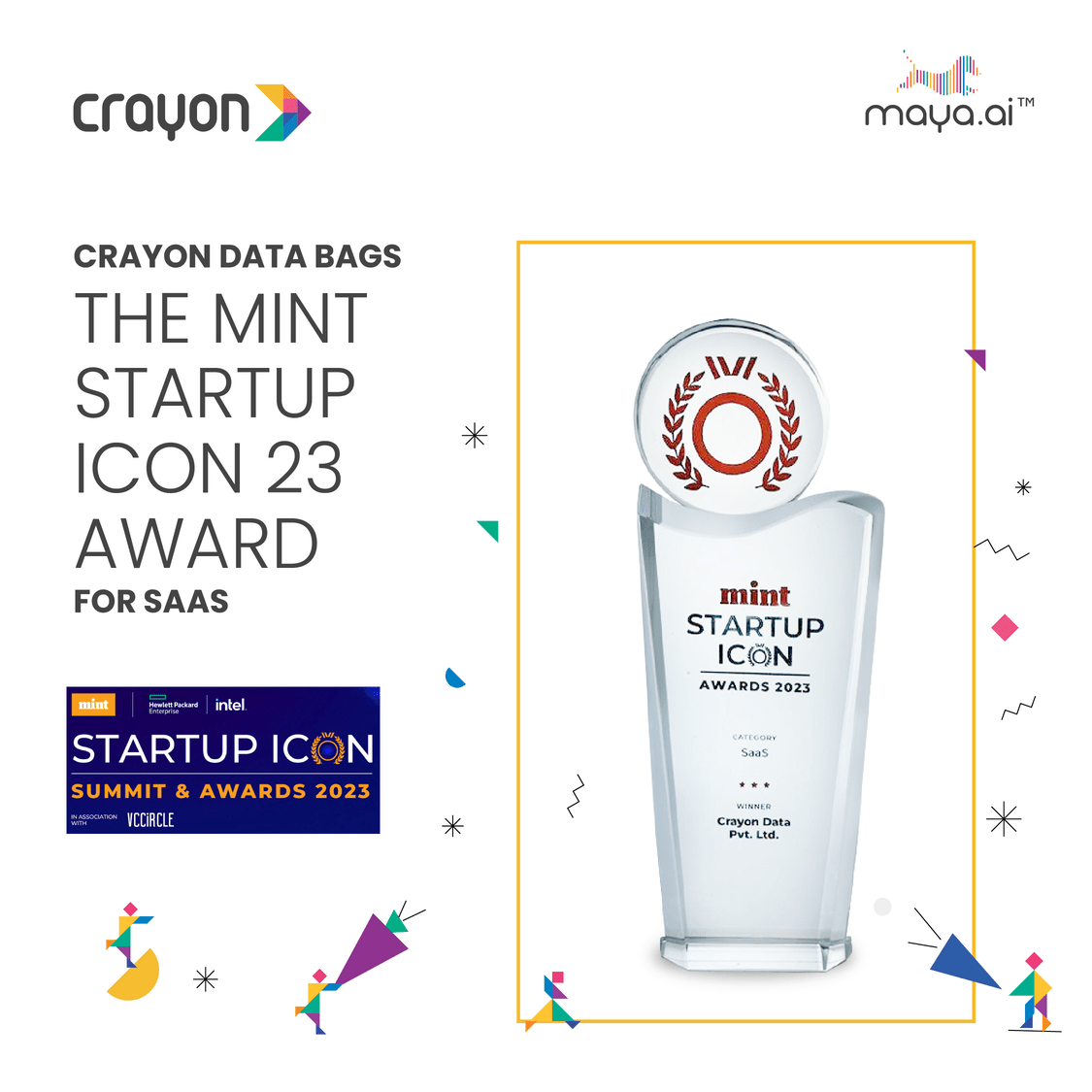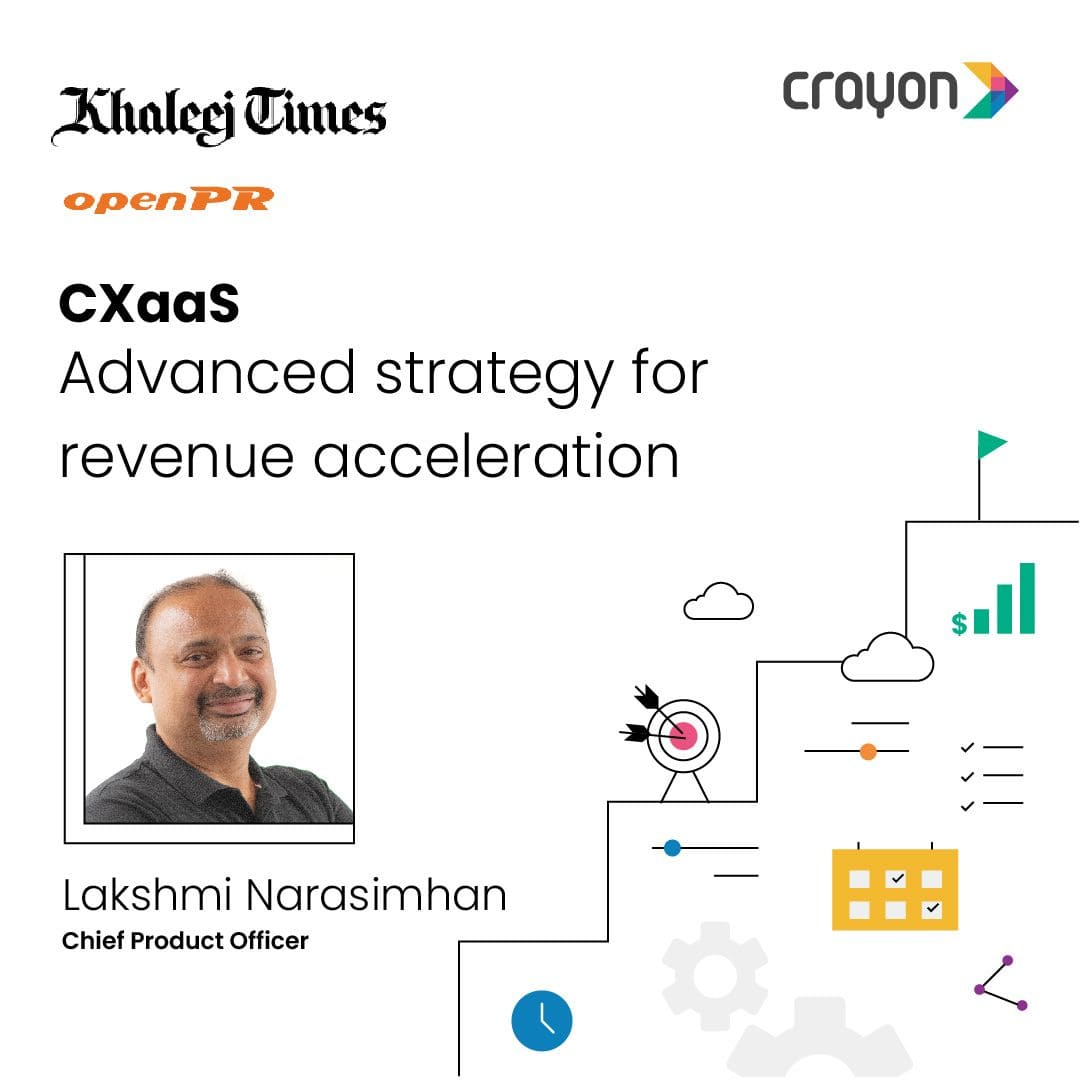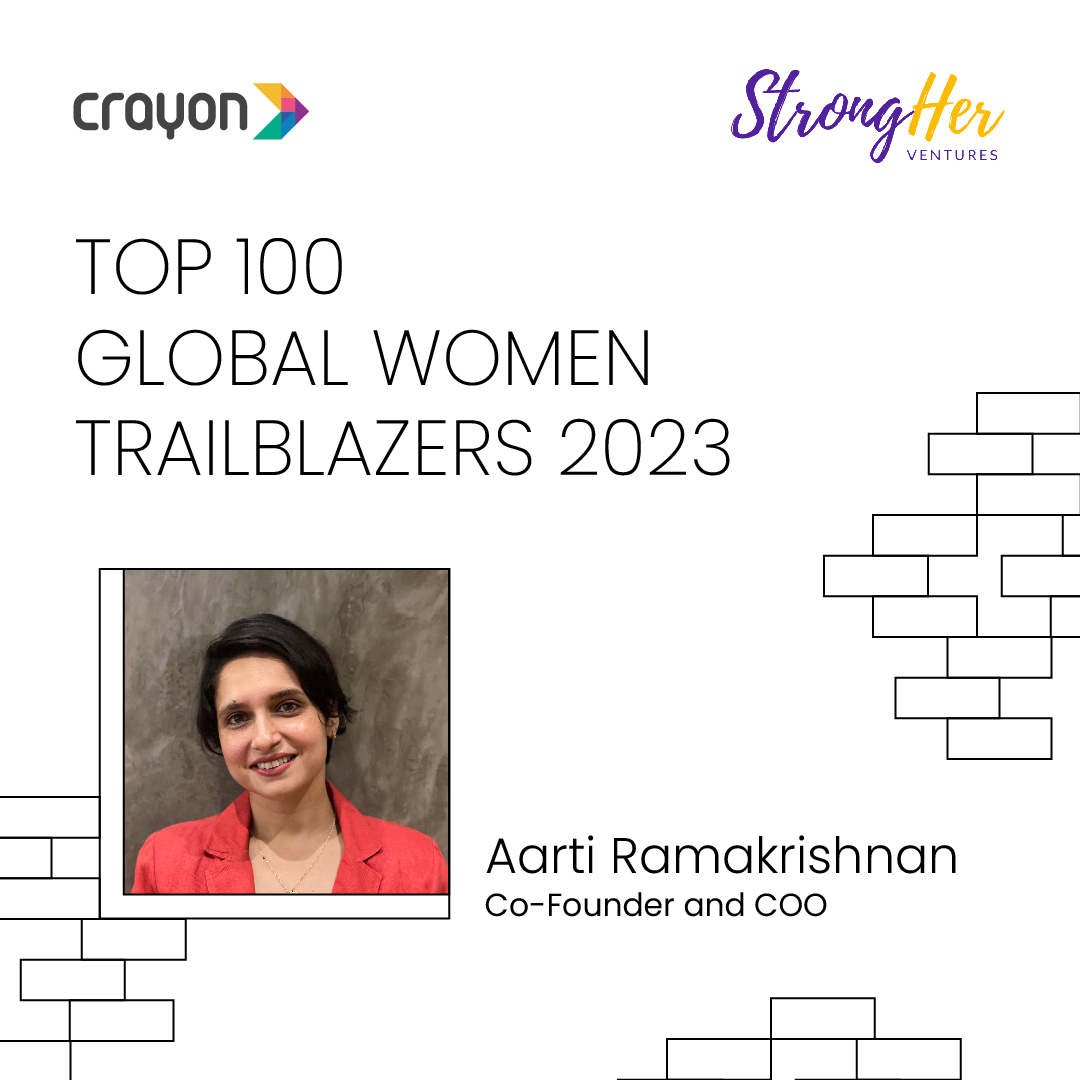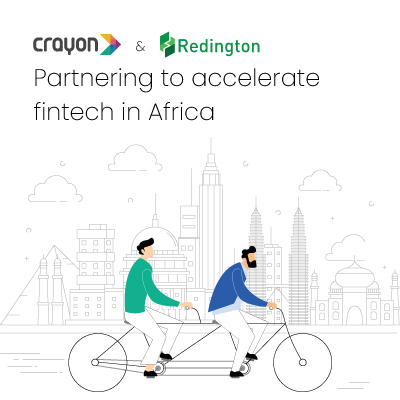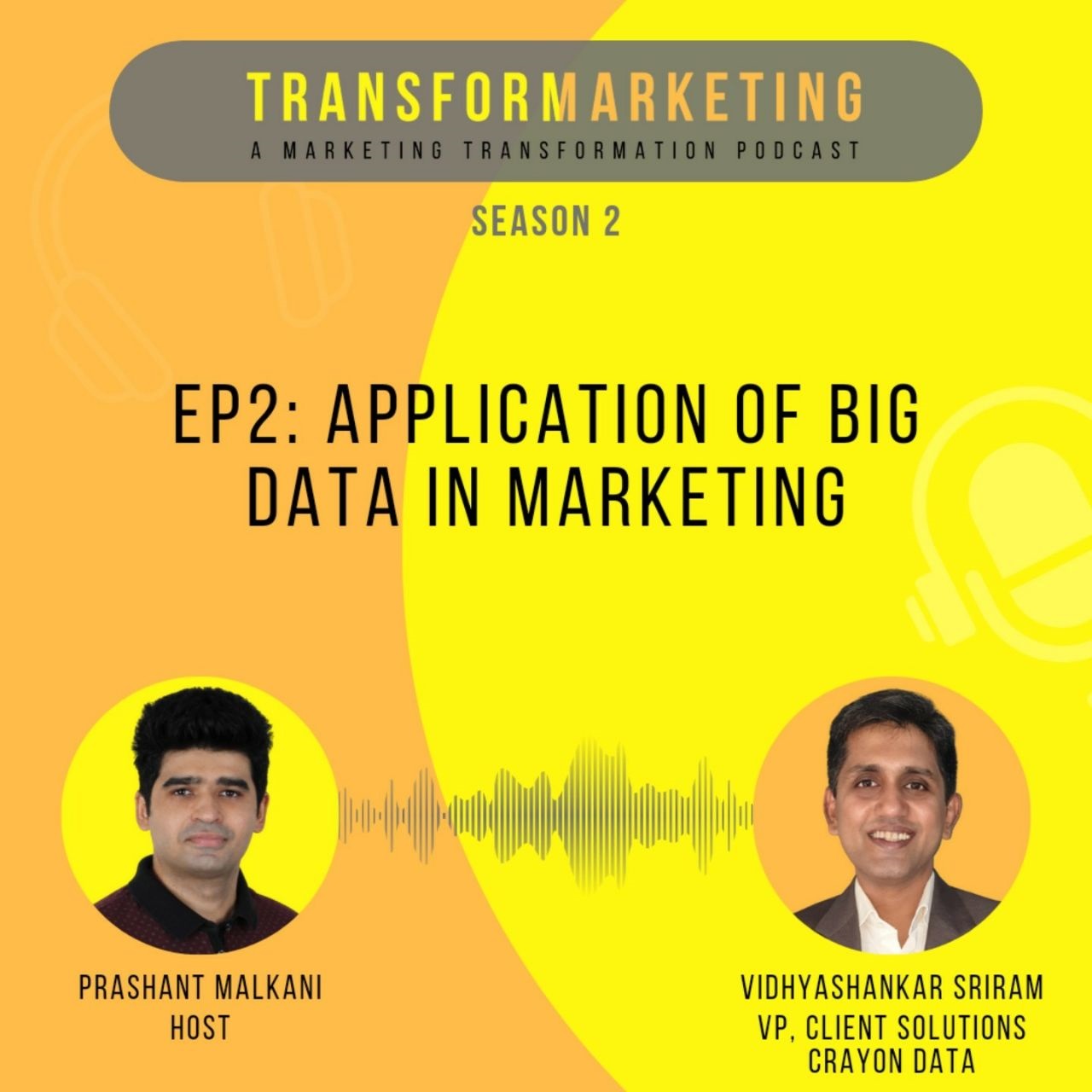When we posed this, along with a few other questions to Suresh V Shankar Founder and CEO of Crayon Data and President of the Pan IIM alumni association in Singapore, instead of just giving us his own take, he started by asking the same questions to ChatGPT, the latest chatbot sensation taking the world by storm right now.
Three-minutes later, ChatGPT replied with a glimpse of our possible future. It was logical and clear. Indeed, if you stitched the answers together with minor tweaks, it would be ready to publish.
Launched in November last year and hailed by the New York Times as a “highly capable linguistic superbrain”, ChatGPT is only one version of AI. Google is also working on Bard, and Microsoft has announced new AI-powered updates to the Bing search engine and Edge browser.
Bill Gates said these latest developments in AI are one of the “four most important milestones in digital technology”, and right up there with the advent of PC, the PC with GUI (graphical user interface), and the internet.
This is just the beginning. And recruiters and jobseekers are only beginning to discover AI’s vast potential.
Imagine this: The next time a hiring manager reads a resume, it may no longer be written by a human. And the next time we apply for a job, AI – not a human – may decide where we end up. Even the next rejection letter we receive may be generated by a humanistic computer programmed to express empathy.
Lots of people are excited, and lots are apprehensive. Shouldn’t we know when we are communicating with a computer, not a human? How will AI shape our human destiny? Which jobs will be the first to go?
It raises lots of questions – ethical ones and existential ones. We pose some of the more human questions to humans – those that AI does not have the answers to yet. This is what they said.
A bit of background: Many jobseekers have been using ChatGPT to improve their resumes and LinkedIn profile, tailor their resumes to keywords that match the job description, and prep for interview questions. Some are even getting it to re-write their entire resume.
A marketing professional we spoke to admits to this, though she prefers not to be named. “I don’t think that having AI re-write or rephrase parts of your CV means they are inaccurate. They are not mutually exclusive,” she said.
However, she is probably right to be reticent about sharing. Decision-makers and recruiters are still undecided what constitutes “cheating”, and where to draw the line.
“Because it’s so easy, it’s like a cheatsheet,” said Suresh. “Unfortunately, some of the people who start using it are the people who want to be lazy and get around the system.”
In fact, ChatGPT passed a Google coding interview for a level 3 engineer, which includes mainly technical questions and some behavioural one. Admittedly, this is an entry-level position, but this is nonetheless groundbreaking.
Suresh is not saying talents should not use AI to automate basic tasks related to job search. But he rightly pointed out that answers would be very generic and are unlikely to give you the depth of insights that an astute leader or recruiter would look for. “Answers are a mile wide and an inch deep,” he said.
Also, consider the fact that whatever ChatGPT gives you, 50 other candidates who apply alongside you will get the same answer. And so will your recruiter. So how do you stand out in a crowd of ChatGPT generated resumes?
“As a candidate, you have to ask the next question: What is something that cannot be generated by a robot? How do I bring myself, my unique personality, attitude and skill set out?” said Suresh. These are new questions that talents will each have to answer for themselves.
Other issues are more clear-cut. “The biggest problem is that ChatGPT can write code. [So if a job application includes code writing], you don’t know who wrote the code,” he noted. In this case, recruiters will have to work out their own system, whether they expect jobseekers to be on video while writing the code and have certain precautionary processes and turn to anti-plagiarism technology for answers.
Jobseekers are not the only ones who are thrilled; recruiters are as well. A quick search of the internet will tell you about ChatGPT’s ability to write job descriptions, job advertisements, email templates for recruitment and Boolean search strings. It can also create interview questions for specific roles, generate key words, and more.
“As an HR professional, I believe that AI has the potential to revolutionize the recruitment process by making it more efficient. It can screen resumes, shortlist candidates and even predict the success of a candidate in a particular role,” said Michelle Low, Talent Consultant at ConnectOne.
“However, the outcome is only as good as the AI algorithms used – we must be mindful to weed out any biases and not perpetuate any kind of discrimination,” she added.
Indeed, in 2017, Amazon ditched AMZN.O, an AI recruitment system it had been working on for years. Sources revealed that this was because it discriminated against women due to the bias in the data of successful candidate resumes used to train the system – which had more men than women.
That said, AI looks set to be the next great disruption. Because of its ability to offer insights on large amounts of data and perform manual and repetitive jobs, it will automate and streamline the HR process and rewire certain parts of the hiring process.
As technology is paired with human effort, low-order thinking skills – remembering, understanding and applying – will become less important. This will give way to high-order thinking skills – analyzing, evaluating and creating.
We will continue to need human thinkers to understand a company’s culture and also read a human in ways AI cannot – to understand character, value and attitudes beyond what is on paper.
“I think the question you have to ask yourself today is, how much of this is just an engine spouting the most common words and how much of it reflects a candidate’s true character, personality and skill. In an era when we know we are going to get all this computer-generated content, how do we as human beings spot things that are unique?” said Suresh.
“You’ve got to go back into the recruitment scenario and do some old fashioned things. Because you are recruiting people, not robots. That fundamental process of recruitment, which is assessing people and not just skills, doesn’t change and I don’t think ChatGPT can help with that,” he added.
“For example, if I’m trying to recruit somebody in a people interaction job, I like to meet the person over coffee or lunch and see how the person treats the service staff. That’s how you make out the fake people from those who are genuinely interested in people. A machine can’t do that.
So yes, whether you are a recruiter or a talent, do use AI and ChatGPT, but do not outsource the whole process to it. Be aware of what it does well, and what it cannot do well, at least not yet” he shared.
This is just one example. As AI develops exponentially, we humans will have to continue to find ways to test for important human qualities only discernible to human eyes – such as the light in a talent’s eye and the fire in their spirits.
“AI can never replace the human touch and empathy required in the hiring process. Therefore, HR professionals should use AI as a tool to augment their skills and judgment, rather than relying on it entirely,” Low agreed.
Yes, HR will benefit from the turbo-charged efficiency and enhancement of AI. But ChatGPT, or any iteration and variant of AI, is unlikely to see the potential in the next visionary despite college dropouts or a series of failed ventures. Nor will it, against all odds, give him or her the opportunity to create the future.
It won’t recognize the spark of human imagination, nor the tenacity of the human spirit. For that, we will still require another human being.
